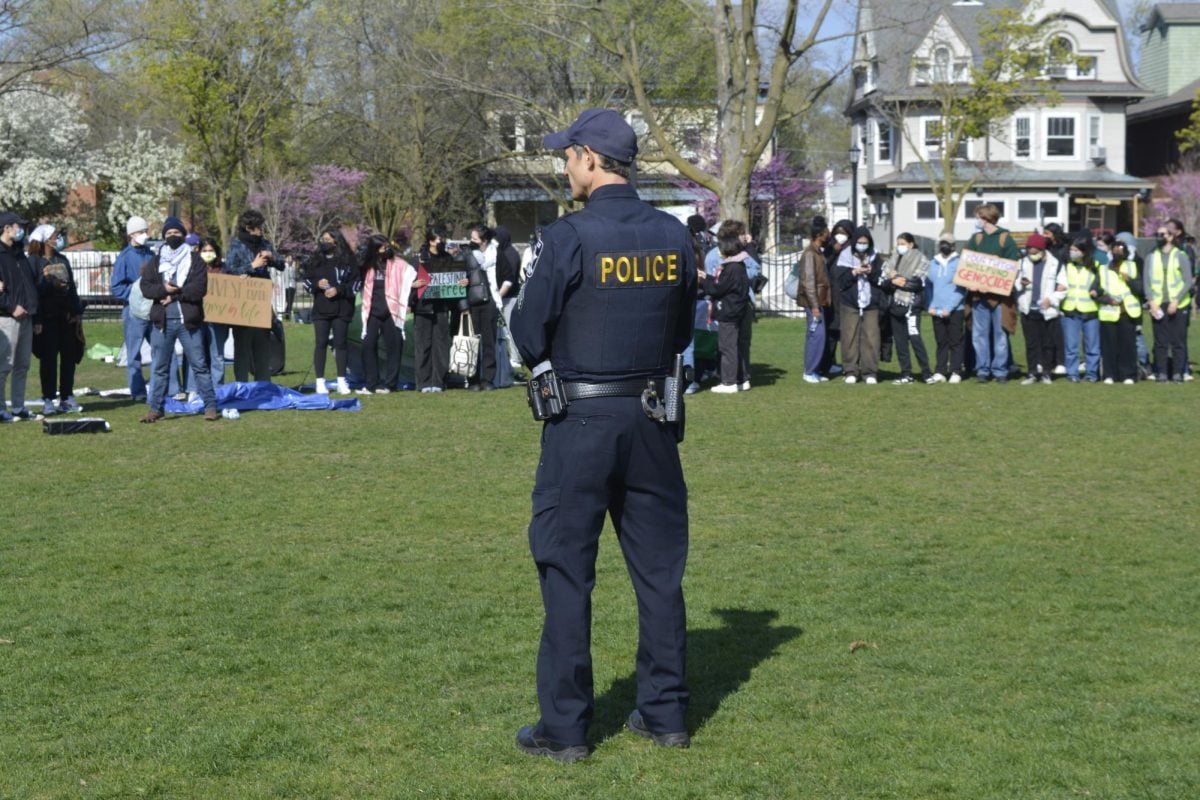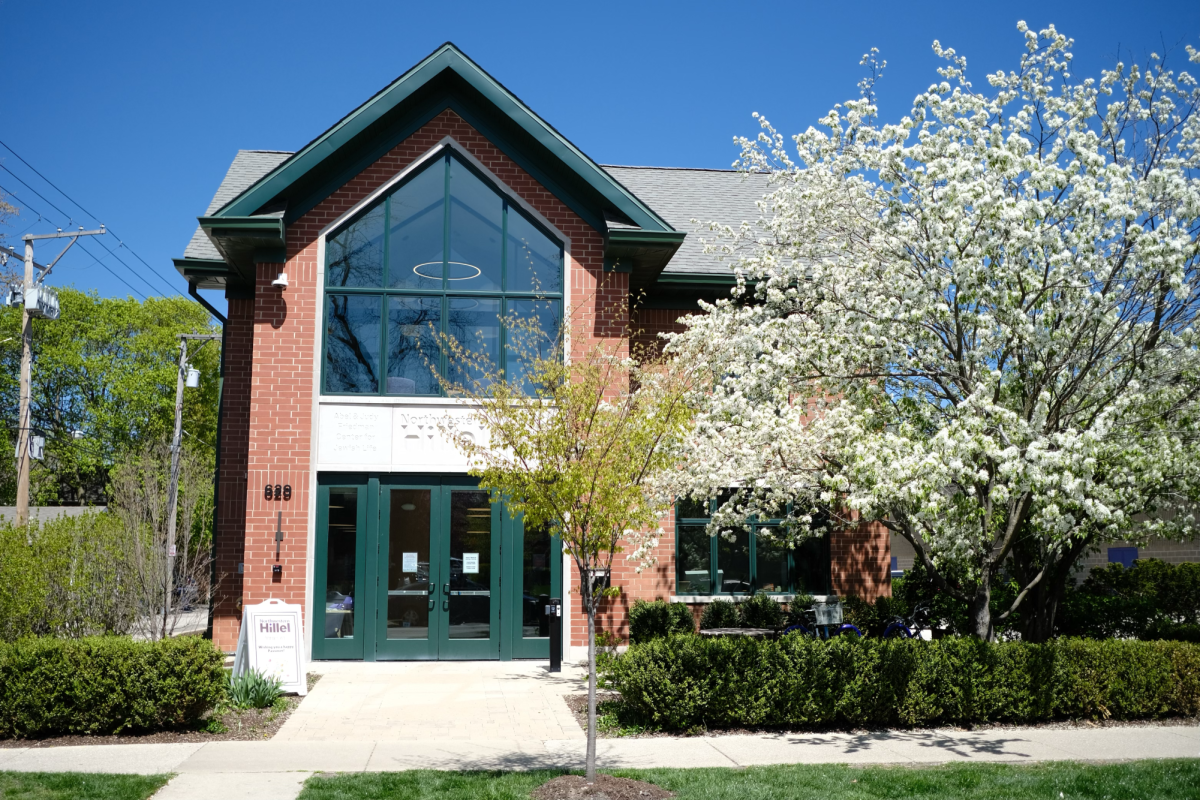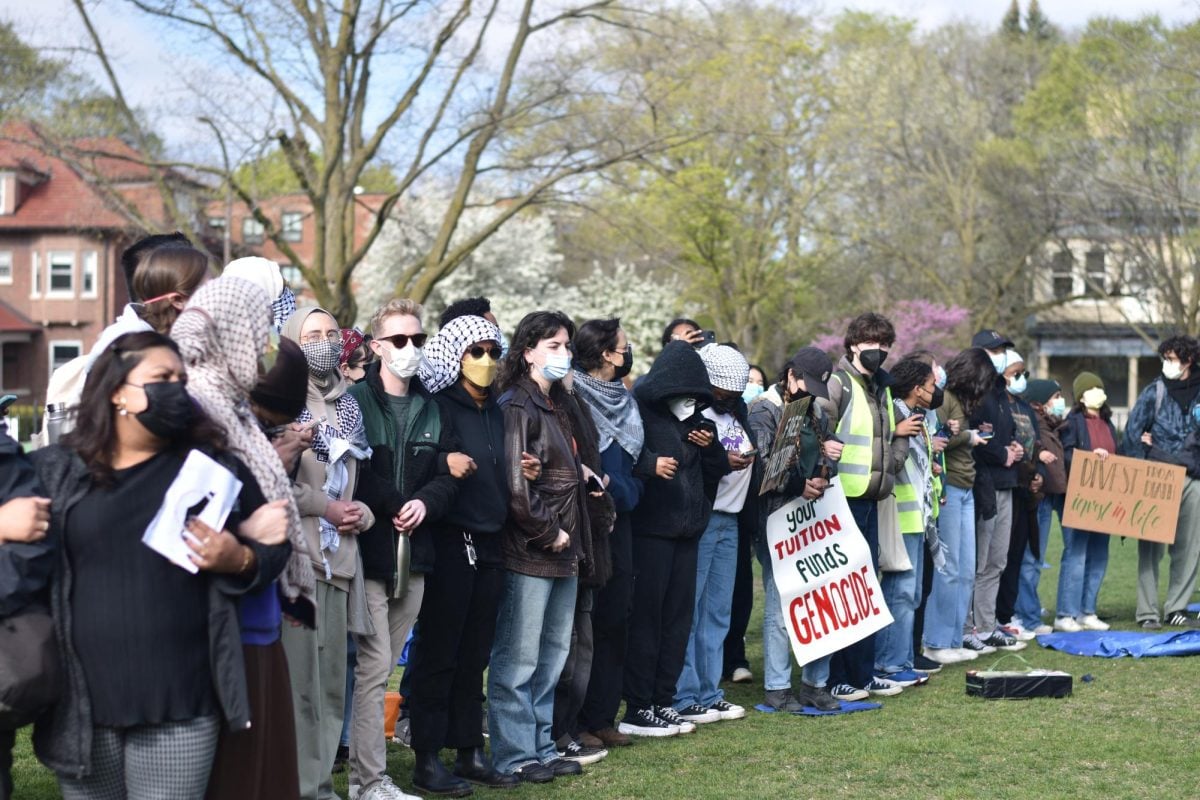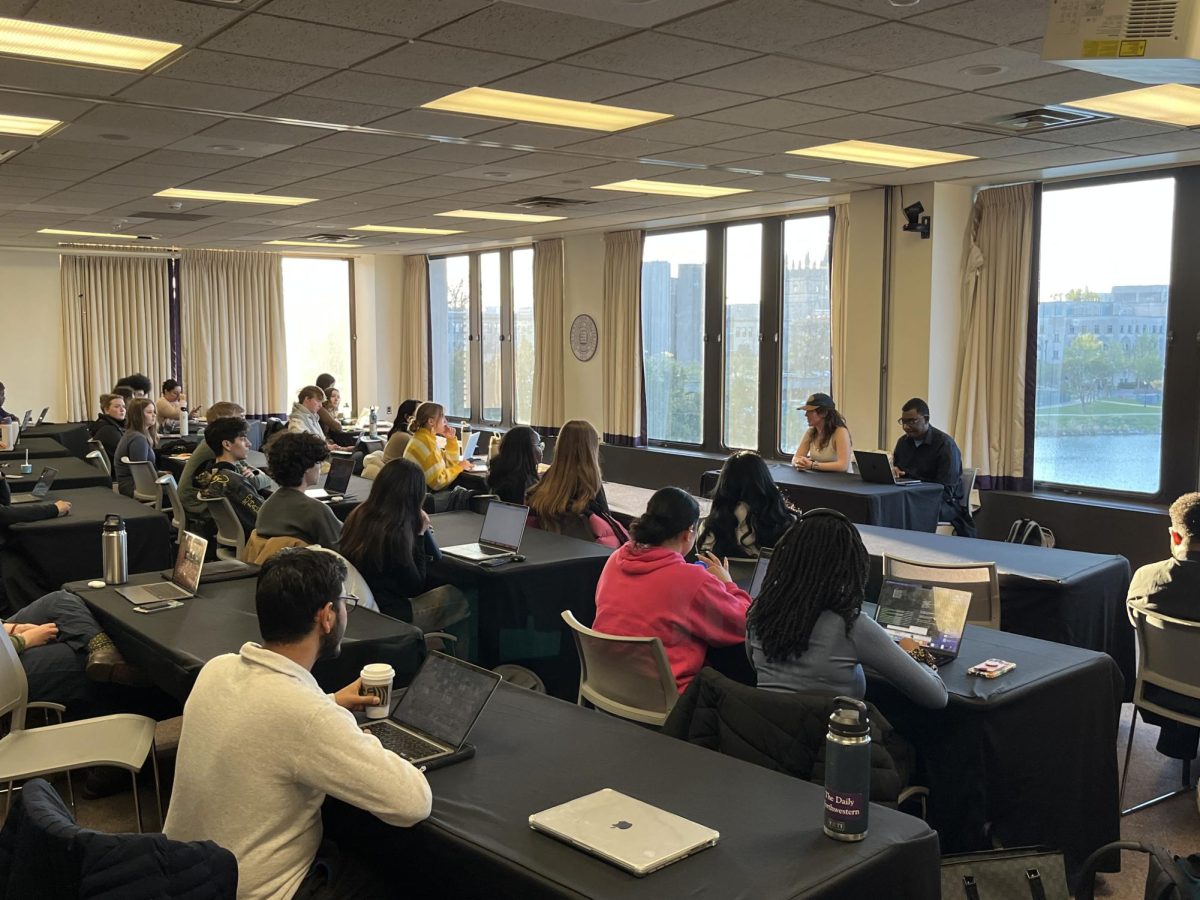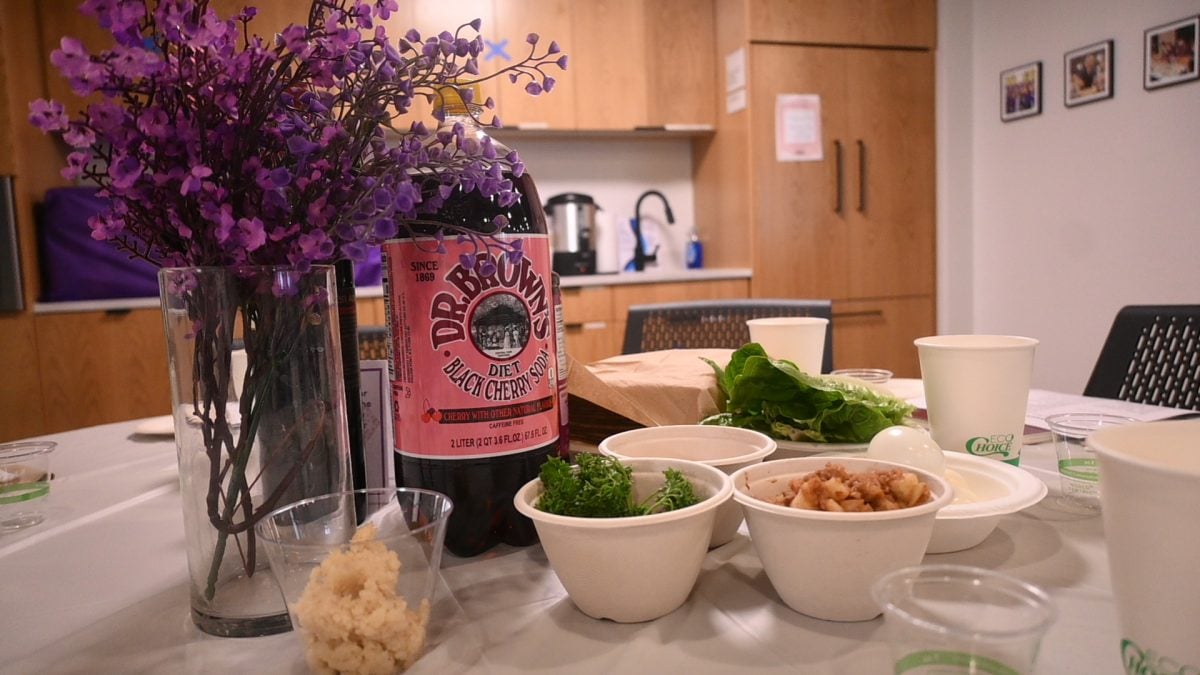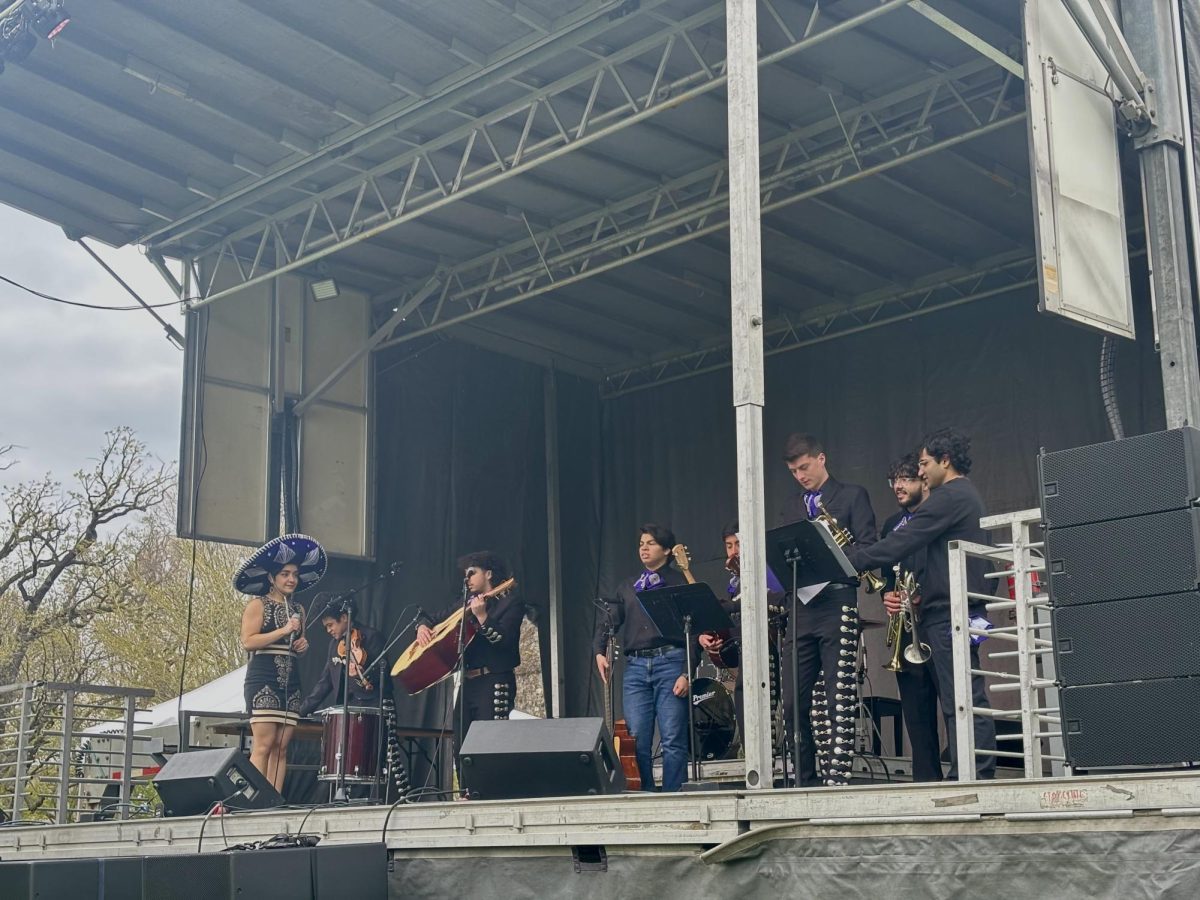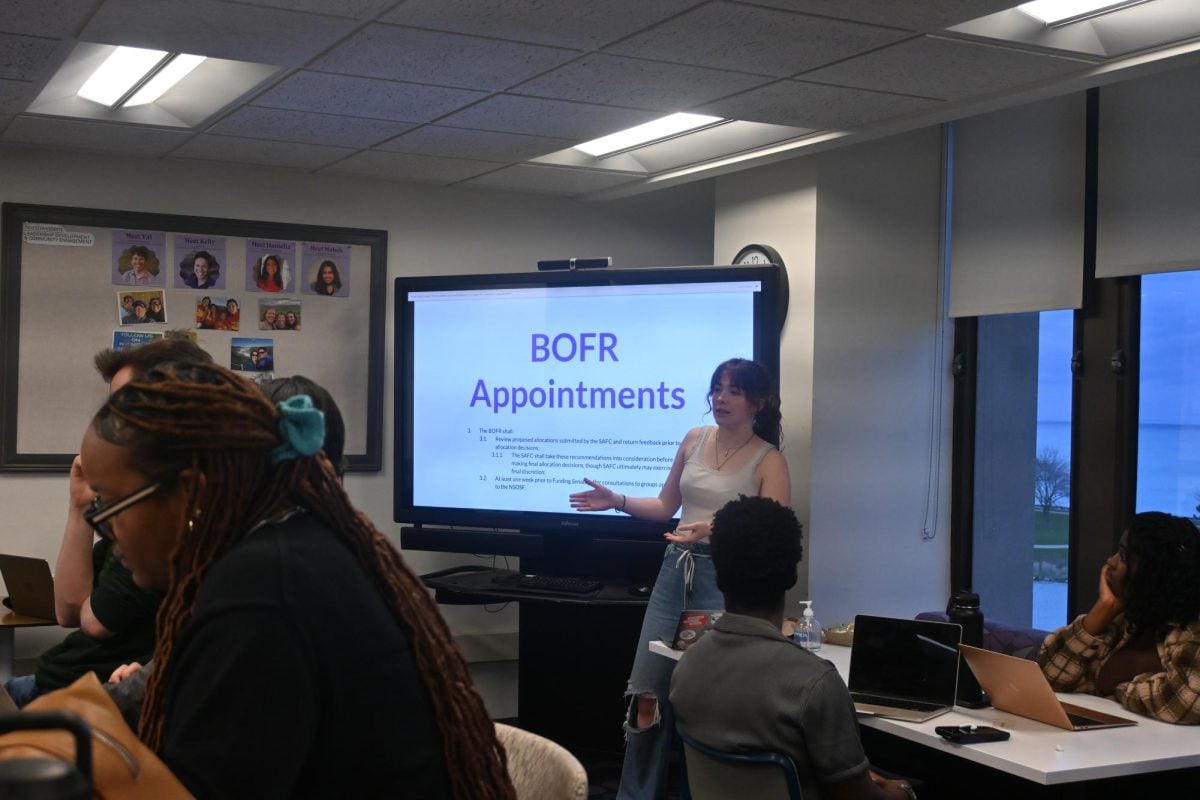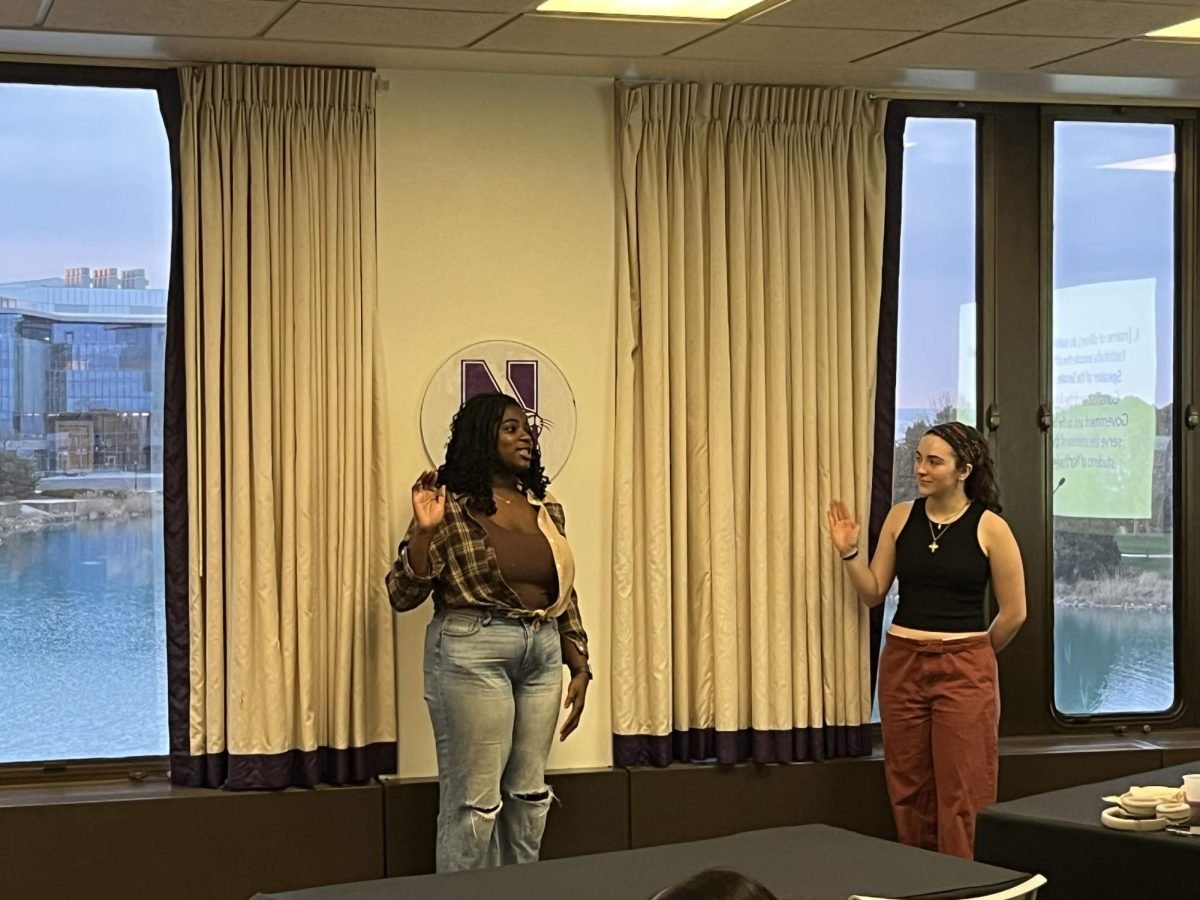An Associated Student Government working group presented its recommendations for improving Northwestern’s alcohol policy and culture at Wednesday’s Senate meeting.
The working group was formed Spring Quarter to research alcohol policy and consumption in the context of peer institutions. The group found several areas where Northwestern’s alcohol policy could be improved, particularly in risk management and clarifying policy.
“These recommendations are dynamic,” said Alex Van Atta, ASG student life vice president. “They’re still a work in progress.”
The McCormick junior said the group’s most effective recommendation involves implementing a third-party risk management group for social gatherings. Trained by the University, the proposed organization would police campus parties but would only be “internally accountable” and wouldn’t report back to NU, so its members could form trusting relationships with students hosting parties.
“That one seemed to be the most effective at other schools,” Van Atta said. “With that option, there doesn’t seem to be any negatives.”
In the presentation, the group referenced programs already in action at Haverford College and Dartmouth College. At Haverford, student risk managers called “Quaker Bouncers” care for intoxicated individuals and watch for reckless behavior for work-study pay. Since the program’s implementation, no students were transported to the hospital at parties where Quaker Bouncers were present, according to the ASG report. Dartmouth’s “Green Team” had similar effects, with no hospitalizations or reports of sexual abuse, according to the report.
Monika Buska, Panhellenic Association vice president for risk management and a member of the working group, said she was surprised to find how little students actually knew about NU’s alcohol policy, particularly the Responsible Action Protocol.
“We need to be better about working with student leaders so they know the policy,” the Weinberg junior said.
The Responsible Action Protocol states that in the event of a high-risk drinking situation, if a student calls the authorities, stays with the affected student until emergency officials arrive and cooperates with the University following the incident, NU will consider the “positive impact of taking responsible action” when determining disciplinary action for policy violations the student may have committed.
“It’s really to keep everyone in this community healthy and safe,” said Susan Cushman, the University’s coordinator for alcohol and other drug prevention.
However, Buska said the statement’s wording makes it very confusing for some students. Also, many upperclassmen do not remember the policy because it is only explained to students early freshman year during Wildcat Welcome, she said.
“For many people, the policy doesn’t actually become relevant until they are an upperclassmen in the position deciding whether or not to make the call,” Buska said.
Cushman said there is always room for improving dialogue with students about University policy. The ASG working group’s next step will be surveying students to determine how much they actually know about alcohol policy and collecting more data about NU’s alcohol culture. Van Atta said it was necessary for ASG to collect its own data on alcohol consumption because administrators were not willing to share information due to concerns of what it would look like to the media and prospective students.
“We value the safety and well-being of our students above all else, so I don’t believe that ‘image’ has anything to with this,” wrote Burgwell Howard, assistant vice president for student engagement, in an email to The Daily on Thursday.
The working group includes representatives from PHA, Interfraternity Council, Residential College Board, Residence Hall Association and ASG.
The group decided which peer institutions to research at a meeting in June. The schools included Stanford University, the University of Chicago, Washington University in St. Louis, University of Notre Dame, Indiana University, Hampton University, University of Florida and Dartmouth.



